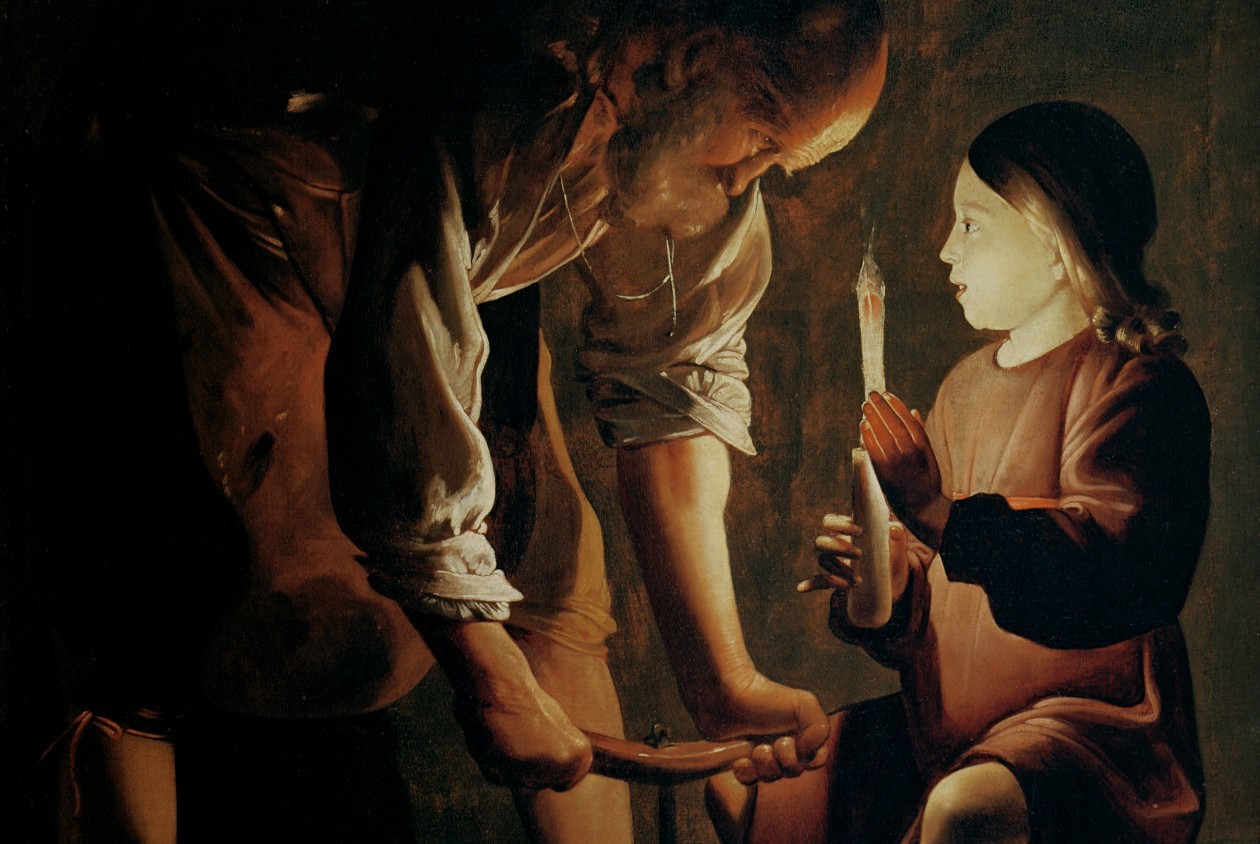Dear Friends,
I have been thinking about John 1:9 for several days.
Whenever I consider religious claims from the point of view of an outsider, I hear their claims as one listens to the local weather report. E.g. “It’s cold with a 60% chance of precipitation. “The forecast may be true but everyone rightly assumes that the prediction applies only to the local region. One never thinks of a local report as applicable to a whole continent. What’s true in the Buddhist system of thought may not be true in the Muslim world view.
Here in John 1:9, we have an unashamedly bold and inclusive statement: “The true light that gives light to everyone was coming into the world”. What does that claim assert?
1) That there is a true light. Given the Hebrew background, this should be interpreted as the knowledge of the Way of the LORD, his Torah. For the Jews say that the Torah is the light of the world and by it a person may find illumination to walk the path of life without stumbling – to direct a person in time of doubt and difficulty and a comfort in time of fear and distress–the Way of Righteousness. (Psa 119:105) People of every age assume they already have the light, that they inherently know the difference between right and wrong, good and evil, the way of conflict and the way of peace. But history reveals how great is the darkness that we take for light. Have we not been the most certain of ourselves at those very times when we were in the greatest error? We think of the great certainty with which slaveowners exploited slaves, or in which previous generations went to war to ‘defend’ their country, or persecuted those of another ethnicity, religion, or sexual orientation-all of which appear so shameful in hindsight. What scripture says is that our cultures are normally in a state of darkness and we need the light as we need nothing else. When the light is finally followed, it leads to goodness and peace.
2) There exists a light that is universal to all people… Jew, Christian, Muslim, Hindu, Buddhist, agnostic, atheist … there is a way of righteousness that calls to every human being in every time and place.
Political correctness now insists on pluralism-that what is true for me need not be true for you. Yet it also insists on being inclusive; that no group of people should be cut off from privileges that another group enjoys.
Well it can’t go both ways- To include everyone in privilege is to include everyone in responsibility. John’s claim is just that. The Logos is that life that is the light of all mankind, and to that light every man and woman is called to respond. I have heard Jews, Muslims, and Hindus all tell of how Christ is the fulfillment of their greatest aspirations to purity, truth and the knowledge of God. When a Christian says that Jesus is my God, he ought not be saying that he has exclusive claim on God, but rather that God has an exclusive claim on him.
3) That light was coming into the world as a person. Philosophers love to speak of ideas. Hebrews will speak of light as the metaphor for Truth, revelation, and salvation. Because the light became a human, we know that revelation, Truth, and salvation are not abstract ideas. His life and conversation reveal the anguish and affection of that One for whom the Old Testament prophets spoke. His love of his disciples and acceptance of outcasts are God’s love enacted. His living and dying and rising again are the salvation of the world.
Psa 36:9 says “For with you is the fountain of life; in your light we see light.”
My friends, as you grow and see the larger world, and shed the cultural enclave of our homes and church community , look for the Light that is still as fresh and as transformative as ever.
Grace and Peace,
Paul
